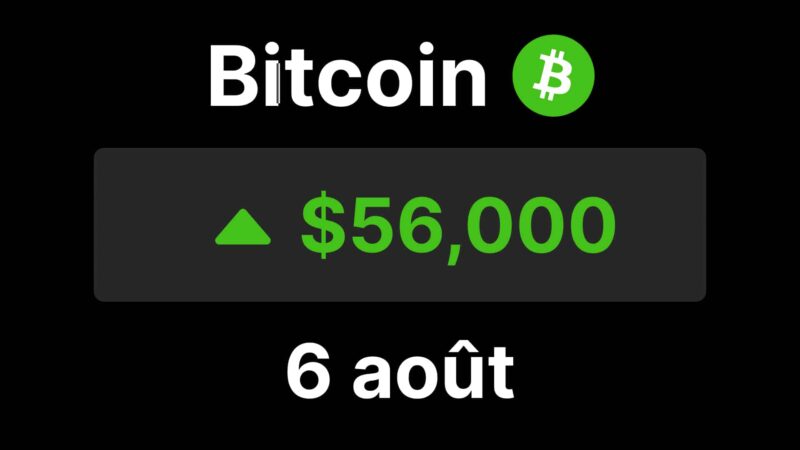The Babylon protocol, a Bitcoin staking platform, attracted 24,000 BTC (about $1.5 billion) during its “Cap-2” staking session on October 10, 2024.
Babylon is innovating by allowing staking on Bitcoin, a mechanism traditionally associated with Proof of Stake-based blockchains.
Babylon strengthens the security of decentralized applications while offering new opportunities for BTC holders. This innovation could pave the way for wider adoption of BTC staking in the global DeFi ecosystem.
Babylon, a new platform for Bitcoin staking that aims to expand the use cases of the historical blockchain, achieved a spectacular fundraising success with the addition of 24,000 BTC, equivalent to approximately $1.5 billion, in a single staking session.
This event, called “Cap-2,“ marks a turning point for Bitcoin in decentralized finance (DeFi) and has the potential to disrupt future prospects for the ecosystem.
An Impressive Fundraising Beyond Expectations
On October 10, 2024, Babylon opened deposits for a limited time, corresponding to 10 Bitcoin blocks, or about one hour and twenty-three minutes. During this period, users were able to stake up to 500 BTC per transaction, accumulating an impressive total of 24,000 BTC. By comparison, the previous round in August reached a ceiling of 1,000 BTC in just over an hour.
David Tse, co-founder of Babylon and a professor of engineering at Stanford, expressed his surprise at this massive influx of capital, calling the results “beyond our expectations.” Babylon’s staking dashboard indicated that by 20:03 UTC, 18,601 BTC had already been staked, with an additional 5,419 BTC awaiting confirmation.
A Noteworthy Evolution for Bitcoin Staking
Babylon stands out from other Bitcoin initiatives with its innovative approach to staking, which is often associated with Proof of Stake blockchains such as Ethereum or Solana. With Babylon, staking on Bitcoin is designed to enhance the security of decentralized applications and new protocols by utilizing the vast untapped reserves of BTC in the decentralized finance solutions.
The deposit method used in this latest round was time-based, meaning users had a limited time defined by the number of mined blocks on the Bitcoin blockchain to submit their BTC. This model differs from the first deposit session in August, where the fixed ceiling of 1,000 BTC was quickly reached in 74 minutes.
A DeFi Initiative Shaking Things Up
The growing appeal for solutions like Babylon illustrates the interest in DeFi within the Bitcoin ecosystem. Historically, the Bitcoin blockchain has been seen as less flexible and programmable than its competitors such as Ethereum, particularly in terms of smart contracts and complex financial applications. However, projects like Babylon seek to change this perception by introducing solutions that utilize Bitcoin to secure other PoS chains while providing new functionalities to BTC holders.
A Sustainable Model for Bitcoin?
The rapidity with which Babylon attracted billions of dollars in BTC shows that there is significant demand for solutions that integrate staking and DeFi protocols on Bitcoin. By paving the way for Bitcoin-secured protocols, Babylon could become a leading platform for those looking to leverage their BTC reserves while participating in stake-based initiatives.
With such promising prospects, the question remains: could Babylon be the catalyst for wider adoption of Bitcoin staking and its integration into the global DeFi ecosystem?




